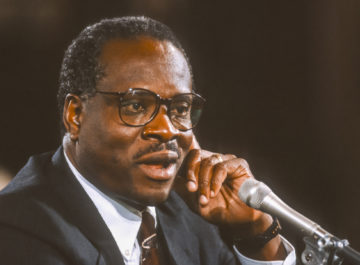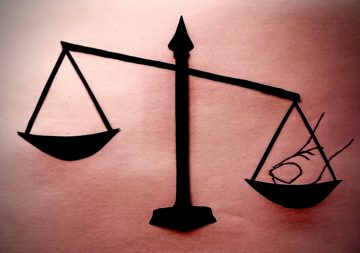by Michael Liss
 January 1, 2024. Happy New Year! Just eleven months and five shopping days before Election 2024. Whether you find it comforting that 2024 also happens to contain an extra day might be the best marker of how Political Seasonal Affective Disorder has impacted you. Personally, I haven’t been sleeping particularly well.
January 1, 2024. Happy New Year! Just eleven months and five shopping days before Election 2024. Whether you find it comforting that 2024 also happens to contain an extra day might be the best marker of how Political Seasonal Affective Disorder has impacted you. Personally, I haven’t been sleeping particularly well.
The New Year is often about taking stock, and if I’m counting correctly, this is my 101st essay for 3 Quarks Daily. The majority have been about American history, American politics, and what is ostensibly American law but looks a lot like politics.
Last August, as the 49th anniversary of Richard Nixon’s resignation drew near, I started a series about the chaos of the late 1960s/early 1970s and how Presidents can lose their hold on the White House. That led me back to two men, one famous, the second memorable, who, to this day, in different ways, have had an impact on the way I think.
I will come to Henry Kissinger shortly, but I first want to spend a little time celebrating Walter Kaufmann. This is not the prolific philosopher Walter A. Kaufmann who was a pre-World-War-II expat from Germany, got his PhD at Harvard, and spent most of his career at Princeton. My Walter Kaufmann is Walter H. Kaufmann, who was also a German expat, got his PhD at the New School for Social Research, and, in 1953, published Monarchism in the Weimar Republic. My Dr. Kaufmann liked a cigar, a good story, and a better glass of wine. He also taught at my high school—German to those less linguistically challenged than I was, AP European History to voluble (in English) types like me. Dr. Kaufmann had a certain cool about him, in no small part for having gone to grade school with Werner Klemperer, son of the conductor Otto Klemperer, and, to Dr. K’s enduring dismay, the future Colonel Klink.
Like all good little suburban students, we took AP classes to take AP exams to score high enough to get college credits. Dr. K was a realist, but wanted to teach this subject on his terms. The word went out that no one got higher than a 93, his logic being that no one could know anywhere near 100% of the subject matter. So, if you were in the running for Valedictorian or Salutatorian and/or cared very much about your final class rank, to learn at the feet of Dr. K came with some obvious risks. Read more »


